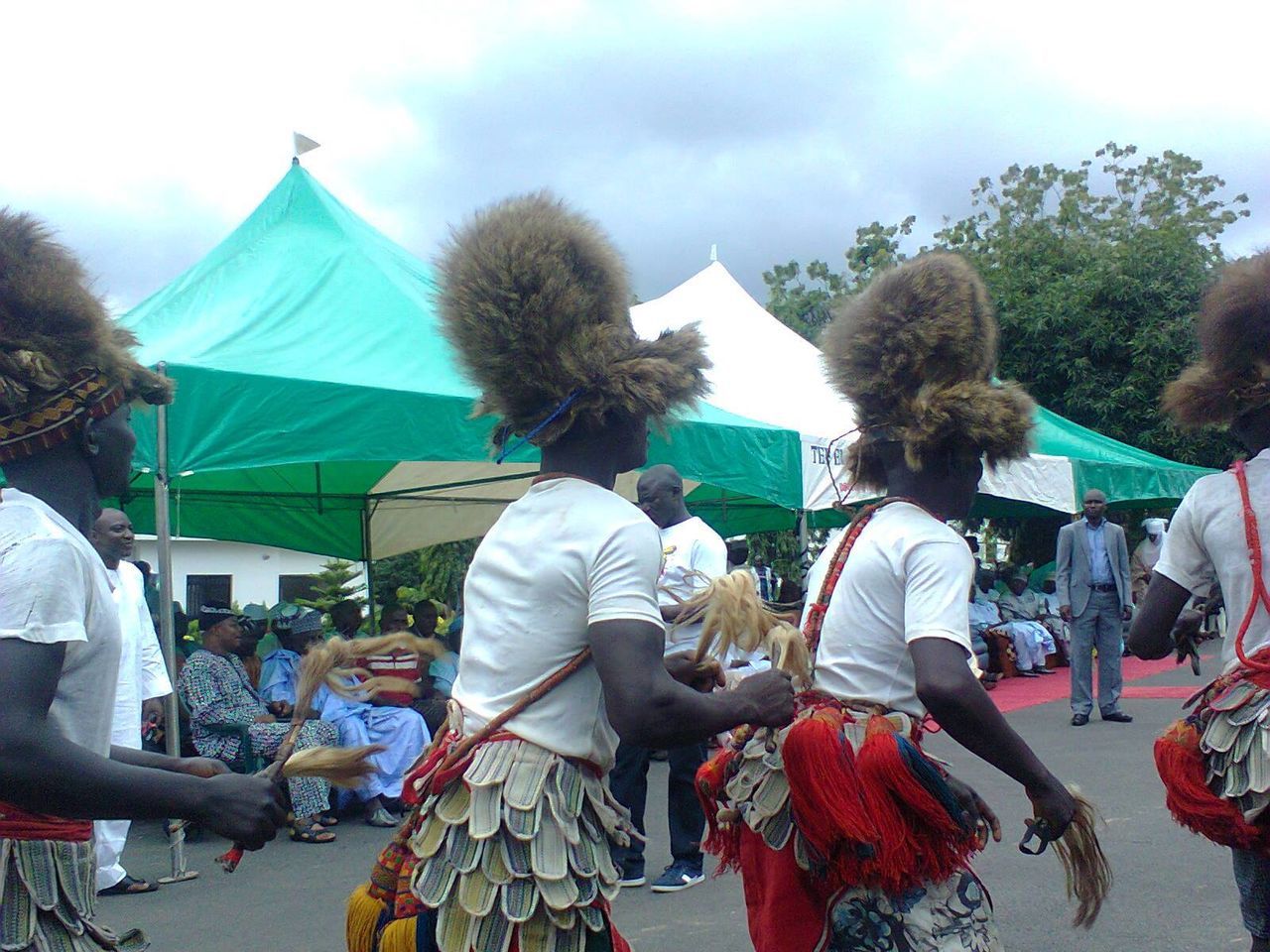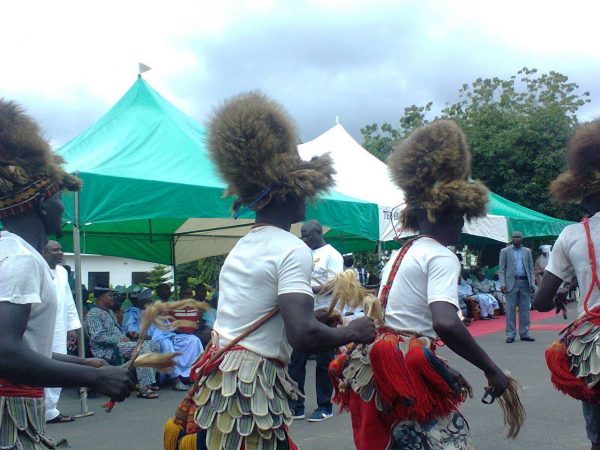Background and History
The Eggon people are also referred to by variants such as Egon, Ero, Mo Egon, Hill Mada or Mada Eggon. The people speak a language that is formerly a Plateau language spoken in central Nigeria. It is a major language in Nasarawa State. The people are from Nasarawa State in central Nigeria and they are mainly found in Lafia, Akwanga, Keffi and Nasarawa Eggon local government areas of the state. They can also be found in Kokona, villages around Doma, Obi, Keana and Wamba. The main towns of the Eggon people are Nassarawa-Eggon, Kagbu, Washo and Wana. They are well distributed as far, to the south as Lafia and west of Akwanga, to the popular railway line that motorist and travellers cross when travelling through Akwanga. They are bordered on the north by the Mada and to the south by the Migili and the Idoma.
The Eggon receives its name from the hill where the people lived before coming down to the plain. The word, ‘eggon’ refers to that hill which means “a good sense hearing”.
Socio-Religious Inclinations and Beliefs
The Eggon generally believe in Ahogben (God) who is far beyond the sky and they believe he created man and the universe and anything good is from him. They also believe that this God is a distant God, being far above, they believe that they can only communicate to him through Ashim (a close god to humans) which is a supreme God. The supreme god is therefore called Angbashim and in order to consult or make contact with this god, a libation is poured on the ground seven times with some confession by the elder or priest. Apart from the Ashim, there are some religions practised by individuals or families such as Akuk, Arikya, Gango and Yamba.
They use items like stones, cowries, pots and sticks as symbolic for their gods. Such items are kept mostly at home in a separate room for worship and they offer sacrifices to the item, believing it chases away evil spirits in the land or away from the family and make land fit for farming. Individuals or families also keep items like a pot or stone as their god at home which they believe in and also make sacrifices to. However, the influence of westernization and the impact of missionaries; Christian and Muslims have caused a widespread switch of allegiances from the ATR to amongst religions.
Other Interesting Facts about the Eggon People
The Eggon is divided into three major clans namely: Anzo, Eholo and Eggon Ero.
- These clans have different tribal marks. The Anzo and Eholo have fifteen lines on each cheek running from the temple. The Eggon Ero has nine marks on the face. This group is also called Mada Tara (nine marks). They both have patterns of lizards and birds on the neck, while some choose to draw drums or arms and other objects. Marks are also cut on other parts of the body like the belly, sometimes even the legs, and women’s backs. Both men and women in Eggon land traditionally pierced their ears, but only women pierce one nostril.
- Many years ago they dressed in animal skins, before the use of a hand-woven piece of white cloth (Akile) which was used to cover their nakedness, both men and women.
- During festivals in Eggon land, some decorations are used for dressing in honour of the occasion. Such decorative items include; beads, bangles, anklets and baboon skin (very hairy) used in making a man’s cap.
- During labour, men are not allowed to be present. Death during childbirth is usually attributed to adultery by the woman.
- When a woman gives birth in Eggon land she is expected to remain in the room together with the child for about seven days. When she comes out, a certain rite is performed by the family elder. A bow and arrow are given to a baby boy to show that he will be a brave warrior or hunter. In some cases, a hoe is also given to the baby showing that he will be a farmer to feed his family. On the other hand, a broom, or some traditional cooking utensil is given to a baby girl showing that she will keep the home clean and cook food to feed her husband.
- When a girl is born, she is betrothed to a man immediately, usually to a boy recommended by the midwife. This is why it is said that not every woman is allowed to touch the blood of a woman in labour. Only those that have a cordial relationship with the woman in labour are welcomed. The midwife claims a female baby as a wife for a boy in her clan or family, and a boy baby as a friend of a boy in her family. If the baby is a girl, the request for betrothal is followed up immediately with a bunch of firewood, given to the mother of the child to boil water, and keep the baby warm.
- The traditional or paramount ruler of the Eggon people is called the Aren Eggon. The traditional stool is situated at Nassarawa, Eggon. Though in the past, the Eggon were ruled by the chief priest Adanashim. The people were governed by religious laws. On complex issues, seers were consulted to know the cause and the cure. In each village or ward, there is a ruling clan known as Tsagbeju.
- This political seat is only open to bonafide Eggon men, especially those in the three clans of Eggon (Anzo, Eholo, and Eggon Ero). The kingmakers (Malase Aren) are twelve village heads, carefully selected from these three clans.
Sources
wikipedia.org
joshuaproject.net
nairaland.com


